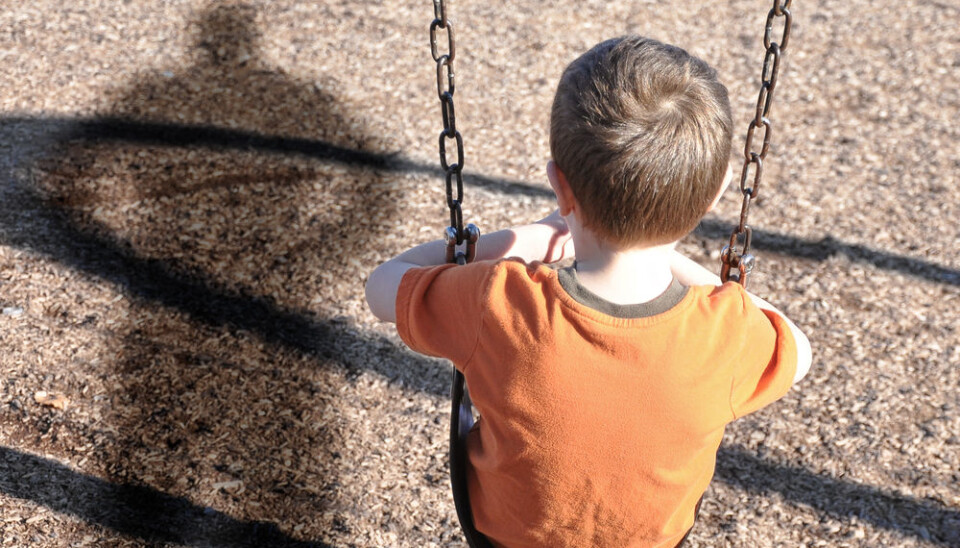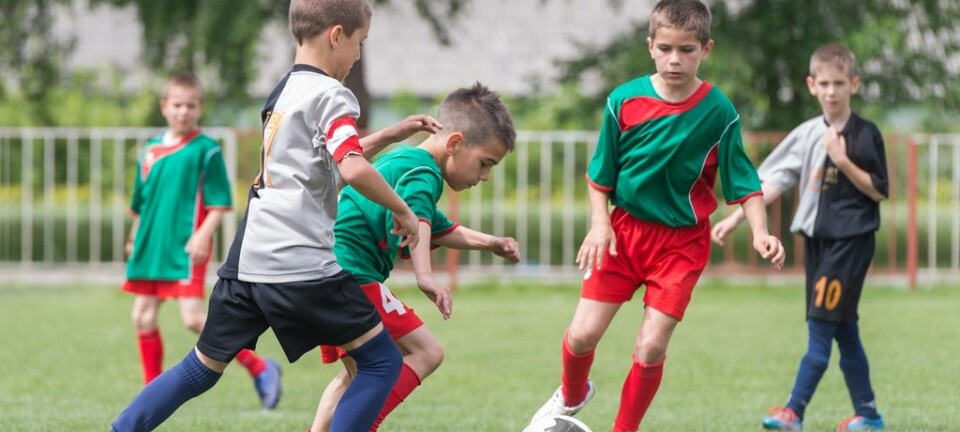
Bullies and their victims at higher risk of depression
Kids who are both bullies and victims of bullying have a doubled risk of developing psychiatric problems later in life, says new research.
Were you bullied at school? Or were you the bully? Perhaps you experienced both?
New research links bullying behaviour in young children with an increased risk of developing psychiatric disorders later in life such as schizophrenia, depression, anxiety, or substance abuse.
“Being frequently bullied at age eight, or having been both bullied and been a bully, were each tied to a doubled risk of having psychiatric problems requiring treatment as a young adult,” writes lead-author Andre Sourander, from the University of Turku, Finland, in an email to ScienceNordic.
“This is an important finding, which should be taken seriously,” he writes, adding that being a bully is an important ‘red flag’ for psychological problems down the track.
The results are published in the journal JAMA Psychiatry.
Largest study of its kind
Sourander and colleagues gathered information on the bullying behaviour of 5,034 children at age 8. They recorded those who had experienced frequent bullying, who were the bullies, or who were both victims and bullies.
They revisited the children when they were young adults (aged 16 to 29) to see if they had received treatment or used services for psychiatric disorders like schizophrenia, depression, anxiety, or substance abuse.
Whilst the vast majority (90 per cent) of children were not involved with bullying, three per cent were bullies, five per cent were bullied, and two per cent were both bullied and bullies.
Only 12 per cent of those with no experience of bullying or being bullied sought treatment or services for psychological disorders as adults.
But this rose to 20 per cent of bullies and 23 per cent of those who were bullied. For those who were both bullies and bullied the risk was higher still and 31 per cent of them sought treatment as adults.
Colleague: Important study and worrying implications
Professor Poul Videbech from the Center for Neuropsychiatric Depression Research at Copenhagen University Hospital, Denmark, is both impressed and worried by the findings.
“I think this is really amazing and somewhat disturbing: that bullying in childhood can have these consequences,” he writes in an email to ScienceNordic.
Videbech was not involved in the research himself, but has read the new study.
He suggests that the relationship between bullying and psychosis could act in two directions and that bullying can result in stress and later psychiatric illnesses such as depression, but the tendency to bully could itself be fuelled by early symptoms of conditions like autism.
“The results have high public health importance and can guide us in taking preventive measures,” he says.











